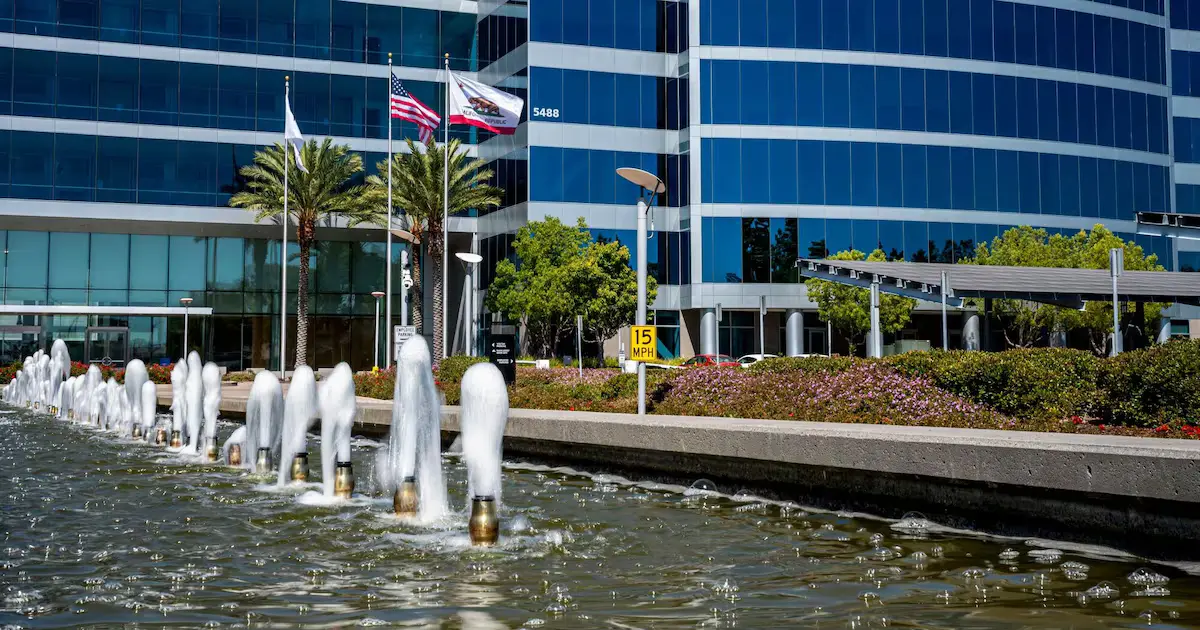President Donald Trump is expanding his footprint in the crypto space through the launch of a new dollar-backed stablecoin and a chain of investment funds that specialize in digital assets. Those efforts are designed to establish the United States as a preeminent hub for cryptocurrency innovation.
World Liberty Financial, a Trump-related venture, launched USD1, a 1-to-1 U.S. dollar-pegged stablecoin. This digital currency is intended to facilitate smooth and safe cross-border payments, countering typical issues in global finance. Offering a stable digital asset, USD1 aims to increase the effectiveness of international trade and remittances.
With Crypto.com, Trump Media & Technology Group Corp (TMTG), the parent of Truth Social, intends to introduce a series of themed exchange-traded funds (ETFs) later in the year. These “America-First” investment products will invest in digital assets, giving investors access to the growing world of cryptocurrencies. This partnership is an attempt at a strategic push towards the mainstream inclusion of digital currencies in investment portfolios.
President Trump’s overt encouragement of these cryptocurrency initiatives has created controversy over the appropriateness of a sitting president involving himself in financial pursuits that could vastly improve individual wealth. Although there are ethical arrangements in place to restrict his direct engagement in daily operations, President Trump still supports and stands to benefit from these pursuits. The critics say that these entanglements can pose conflicts of interest, whereas the supporters say that they reflect a dedication to encouraging innovation in the financial industry.
These initiatives are consistent with wider government moves to make the United States a leader in the cryptocurrency space. President Trump has indicated he wants to establish the U.S. as a top destination for digital assets, a move towards a policy embracing financial technology developments. This approach is a break from past regulatory caution, which indicates a more welcoming climate for cryptocurrency businesses.
The growth of President Trump’s cryptocurrency business through the launch of the USD1 stablecoin and the upcoming “America-First” investment funds reflects a strong commitment to bringing digital assets into the mainstream of finance. While these efforts can contribute to the United States’ position in the international cryptocurrency market, they also raise questions about the overlap between public office and private business. As these projects continue to develop, they will probably shape both the regulatory environment and wider adoption of digital currencies.




